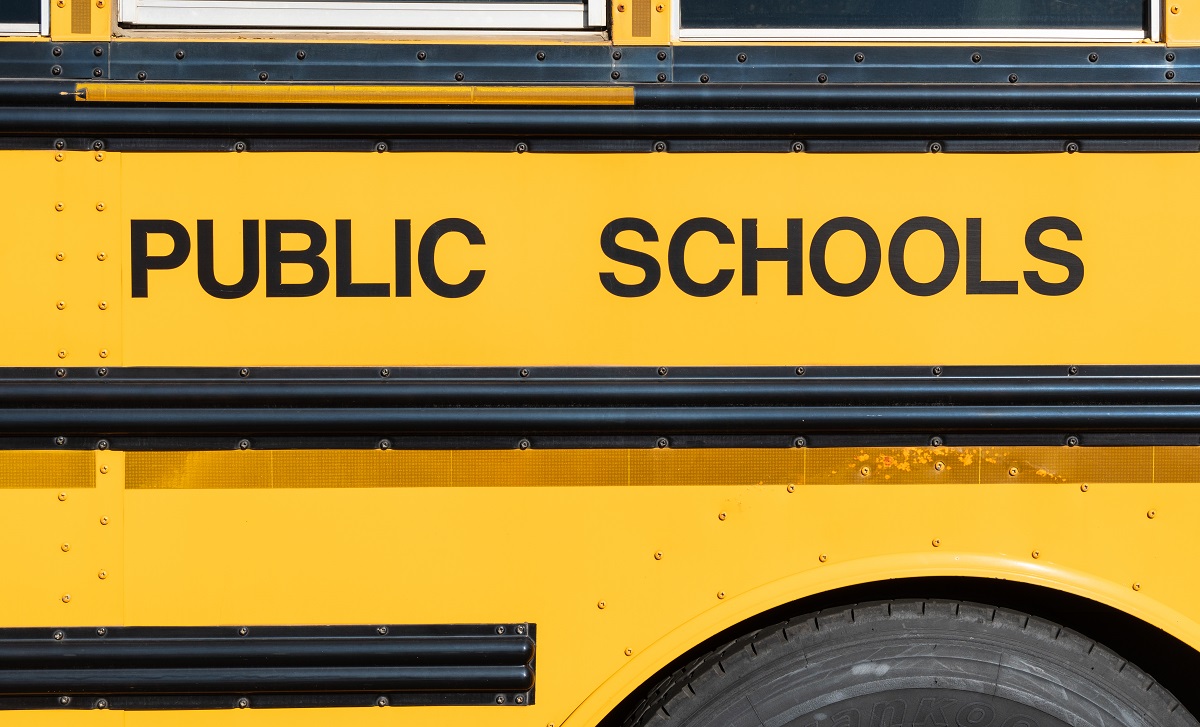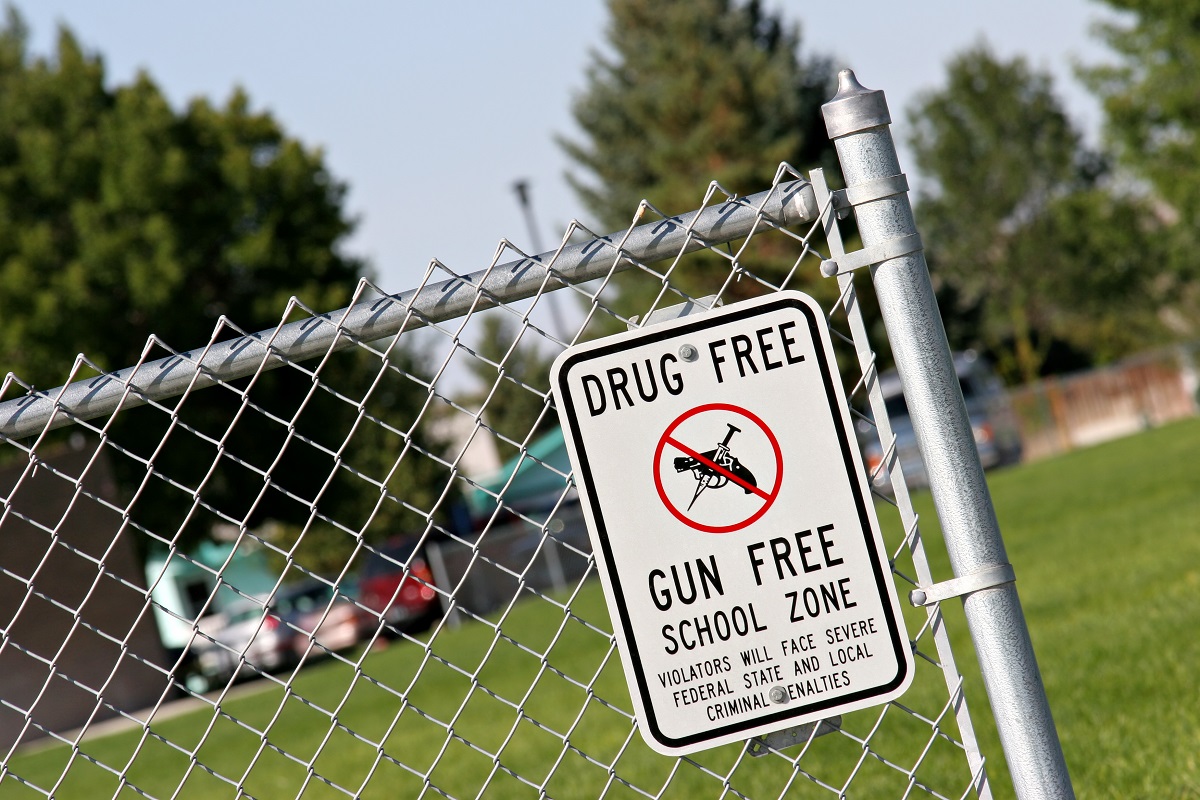By Natalie Walrond
Ensuring students get a high-quality education is about much more than textbooks and lesson plans. School leaders also have a responsibility to foster a positive and inclusive school climate where every student can thrive emotionally, socially and academically.
School climate encompasses the social, emotional and psychological well-being of students, teachers and staff. Research shows a positive school climate leads to higher levels of student achievement and attendance, increased teacher retention and reduced student dropout rates.
As school leaders in California address post-pandemic challenges including learning loss, chronic absenteeism and student’s socioemotional development and well-being, they’re discovering ways to transform their school climate to better support students and their school community.
Benefits of a positive and inclusive school climate
Academic excellence: Research consistently shows that students learn better when they feel safe, respected and valued. A positive school climate encourages engagement, active participation and a willingness to take academic risks.
Emotional well-being: Schools play a critical role in shaping students’ emotional and mental health. A supportive climate can reduce stress and anxiety, contributing to healthier emotional development.
Reduction in bullying and harassment: An inclusive environment discourages negative behaviors like bullying and discrimination. When students learn to respect and empathize with others, incidents of harassment decrease significantly.
Teacher satisfaction: Just as students thrive in positive environments, teachers also benefit from a school culture in which their efforts are appreciated and their professional growth is supported
While the benefits are clear, school climate improvement is a complex and all-encompassing effort. It requires collecting meaningful data, informative insights and expertise to help districts prioritize their efforts. Fortunately, schools and districts in California have a partner to guide them.
District spotlights
The California Center for School Climate (CCSC), funded by the California Department of Education, has worked with districts and schools since launching in January 2022, providing relevant school climate coaching supports and helping them with best practices in collecting, using and monitoring school climate data.
In an interview on WestEd’s Leading Voices podcast, the Director of the California Center for School Climate Rebeca Cerna discussed their partnerships, coaching work and professional learning supports.
“We help [districts] with existing data that they might already be collecting, which is their local school climate surveys — like the California Healthy Kids Survey, Youth Truth or Panorama survey,” Cerna said. “Or we help them with other existing data that they have, and we also work with them to try and figure out what additional data they might need to dig deeper.”
From measuring academic progress and ensuring school safety to understanding students’ emotional health, these data offer a comprehensive view of students’ challenges and where improvements might be needed.
School districts across California, informed by these critical data, are taking proactive steps to address opportunities for growth to make improvements at the district and school levels.
Davis Joint Unified School District (DJUSD), featured in CCSC’s District Spotlight, has recognized the vital role of a positive school climate in its pursuit of optimal learning conditions and student well-being. To champion this cause, DJUSD has established the position of a school climate district coordinator.
DJUSD’s School Climate District Coordinator Kate Snow said her role allows her team to hold a mirror up to the district, assess what is currently working and build relationships to help the district set its sights on what it truly takes to create environments conducive to learning for all.
DJUSD is committed to cultivating not only a safe and supportive environment for students but also for educators. To achieve this, the school climate team has introduced initiatives and practices that support adults including restorative practices, which focus on fostering communication, empathy, accountability and building positive relationships.
Above all, quantitative and qualitative school climate data from the California Healthy Kids Survey and the YouthTruth Student Survey are vital in helping DJUSD monitor its school climate practices. However, district leaders go beyond numbers, personally visiting schools to understand the “feel” of each campus. This rich qualitative data informs principal coaching and supports, empowering site teams to engage more effectively with their data and make informed decisions for continuous improvement.
Earlier this year, CCSC partnered with Center Joint Unified School District to provide technical support and help district leaders better understand the data from their local school climate survey and what to do with it.
CJUSCD’s Coordinator and Homeless/Foster Liaison Ryan Miranda said the district previously had a data culture mindset primarily focused on assessment. However, they have changed how they approach and analyze school climate data in the past year. “I had an administrator say, ‘What are we doing with these data?’ And I thought that’s a good question — this is new to me, but we need to do more besides putting it in a document,” Miranda said.
With CCSC’s guidance, the district is diving into its data and bringing it to the forefront to support its short- and long-term school improvement goals.
Miranda said they’re now at a place where folks are starting to better understand school climate and culture, what it looks like and why it’s important. “When we have data culture meetings at the district level, we are talking about school climate data,” Miranda said. “School climate teams are digging into their data and coming up with some goals, and now we are at the point where we have goals set and monitor the accountability piece.”
Natalie Walrond serves as the director of the Resilient and Healthy Schools and Communities content area at WestEd. In this role, she oversees the growth and dissemination of the agency’s body of work related to creating safe, supportive, responsive, and equitable conditions in which every child, youth, and adult can learn, grow and thrive.





